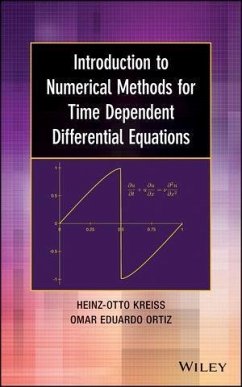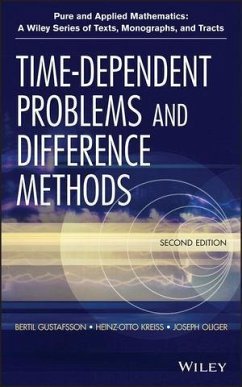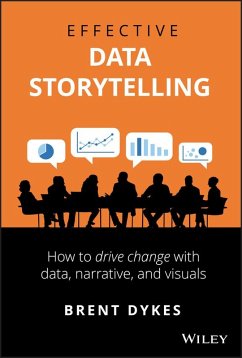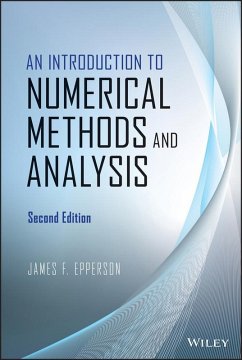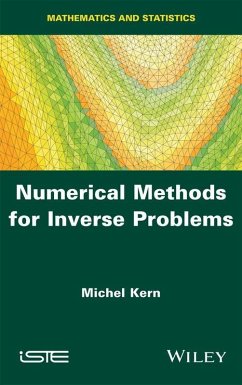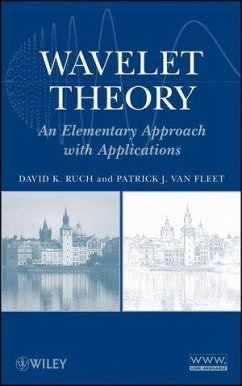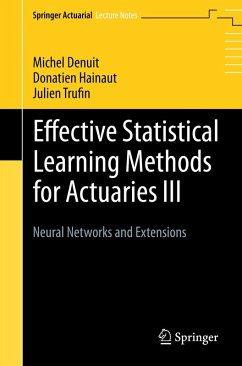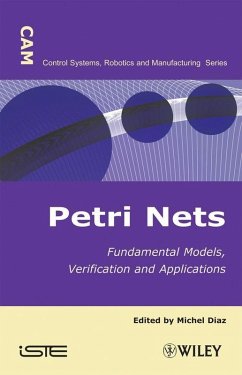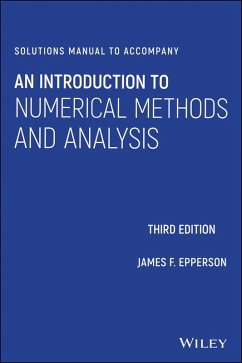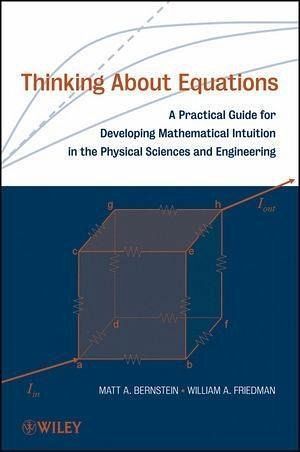
Thinking About Equations (eBook, PDF)
A Practical Guide for Developing Mathematical Intuition in the Physical Sciences and Engineering
Versandkostenfrei!
Sofort per Download lieferbar
69,99 €
inkl. MwSt.
Weitere Ausgaben:

PAYBACK Punkte
0 °P sammeln!
An accessible guide to developing intuition and skills for solving mathematical problems in the physical sciences and engineering Equations play a central role in problem solving across various fields of study. Understanding what an equation means is an essential step toward forming an effective strategy to solve it, and it also lays the foundation for a more successful and fulfilling work experience. Thinking About Equations provides an accessible guide to developing an intuitive understanding of mathematical methods and, at the same time, presents a number of practical mathematical tools for...
An accessible guide to developing intuition and skills for solving mathematical problems in the physical sciences and engineering Equations play a central role in problem solving across various fields of study. Understanding what an equation means is an essential step toward forming an effective strategy to solve it, and it also lays the foundation for a more successful and fulfilling work experience. Thinking About Equations provides an accessible guide to developing an intuitive understanding of mathematical methods and, at the same time, presents a number of practical mathematical tools for successfully solving problems that arise in engineering and the physical sciences. Equations form the basis for nearly all numerical solutions, and the authors illustrate how a firm understanding of problem solving can lead to improved strategies for computational approaches. Eight succinct chapters provide thorough topical coverage, including: * Approximation and estimation * Isolating important variables * Generalization and special cases * Dimensional analysis and scaling * Pictorial methods and graphical solutions * Symmetry to simplify equations Each chapter contains a general discussion that is integrated with worked-out problems from various fields of study, including physics, engineering, applied mathematics, and physical chemistry. These examples illustrate the mathematical concepts and techniques that are frequently encountered when solving problems. To accelerate learning, the worked example problems are grouped by the equation-related concepts that they illustrate as opposed to subfields within science and mathematics, as in conventional treatments. In addition, each problem is accompanied by a comprehensive solution, explanation, and commentary, and numerous exercises at the end of each chapter provide an opportunity to test comprehension. Requiring only a working knowledge of basic calculus and introductory physics, Thinking About Equations is an excellent supplement for courses in engineering and the physical sciences at the upper-undergraduate and graduate levels. It is also a valuable reference for researchers, practitioners, and educators in all branches of engineering, physics, chemistry, biophysics, and other related fields who encounter mathematical problems in their day-to-day work.
Dieser Download kann aus rechtlichen Gründen nur mit Rechnungsadresse in D ausgeliefert werden.



